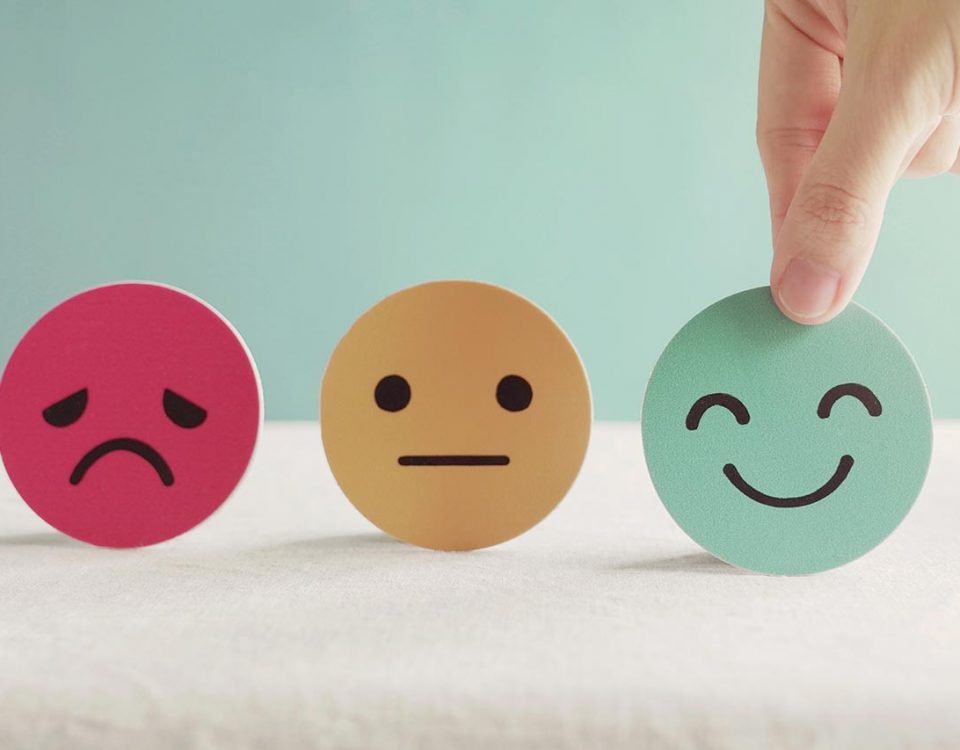
The Role of Social Work in Mental Health Treatment
February 19, 2018How Yoga Therapy Can Help With Depression

According to the National Institute of Mental Health, nearly 1 in 5, or roughly 58 million Americans, suffer from a mental illness, including conditions like depression, anxiety, or schizophrenia.1
One of the ways to help patients combat stress and anxiety is through the 5,000-year-old ancient practice we call yoga. Yoga has been around for centuries, but in recent years, the practice has become increasingly popular. Yoga studios are popping up around every corner. Yoga therapy can also help alleviate depression and other mental health issues. It is a mind-body exercise that is effective at reducing stress and anxiety and improving brain function and mental health. It has also been shown to help with relapse prevention. Yoga may, in fact, be one of the best physical activities to improve mental well-being. Read on to learn why.
The Connection Between Yoga and Mental Health
The practice of yoga plays a crucial role in modulating the body's stress response and promoting mental well-being. It does this by slowing down rapid breathing and heart rate, lowering blood pressure, and increasing heart rate variability. Yoga incorporates deep breathing techniques in order to stimulate the parasympathetic nervous system, which overrides the body's fight-or-flight reaction. The brain is directly affected by these physiological changes, which trigger the release of neurotransmitters that support mental wellness.
This increases “feel good” neurotransmitters in the brain, which is a GABA booster. GABA (gamma-aminobutyric acid) is one of the brain’s main inhibitory neurotransmitters. It puts the brakes on brain activity, helping you relax. When you are low in GABA transmitters, your brain gets stuck in the “on” position. It’s like driving an automobile with a brick on the accelerator and no brakes. This can result in overstimulation, leading to feelings of anxiety.
In addition, yoga offers a secure, nonjudgmental environment where people can explore their feelings and let go of physical strain. Yoga poses, or asanas, aim to strengthen and stretch the muscles while relieving physical and emotional tension that has built up. People develop a stronger emotional awareness of their emotions as well as a greater awareness of their bodies by moving through these postures attentively. An individual may be better able to recognize triggers and put coping mechanisms into action for managing stress and sadness as a result of their improved self-awareness.
The Benefits of Utilizing Yoga for Depression
There are several advantages to yoga for people who are depressed. First, yoga combines mindfulness practices and deep breathing exercises that can lower stress and anxiety levels. Yoga fosters a sense of tranquility and inner peace by encouraging present-moment awareness and relaxation. This can be especially helpful for those with depression because it enables them to momentarily separate themselves from bad thoughts and feelings, providing relief from the debilitating symptoms they may be going through.
Second, yoga has been shown to boost the body's production of endorphins, also referred to as the "feel-good" hormones. Yoga poses, along with other forms of regular physical activity, encourage the release of these hormones which can help elevate mood and alleviate depressive symptoms.
Additionally, practicing yoga helps people develop a feeling of self-care and self-compassion. This is because it teaches them to pay attention to their bodies and respect their limitations. For people who are dealing with depression, this practice of self-acceptance and self-nurturing can be empowering since it encourages a healthy relationship with oneself and builds a higher sense of overall well-being.
Yoga Therapy for Mental Health at Banyan
At Banyan Mental Health, we offer ancillary treatment options to supplement traditional approaches to therapy. These include chiropractic and acupuncture services, dietician consultation, smoking cessation programs, biofeedback techniques, and yoga. Providing patients with a calm environment to clear their thoughts is crucial for the retention of therapeutic lessons. Treatment programming at our mental health treatment center consists of group therapy and individual and family therapy, which can, at times, seem overwhelming for an individual to process, especially in the beginning stages of treatment.
It is common during this stage of the recovery process for patients to open up and discuss deep-rooted issues, and that isn’t always easy. Our adult mental health services can be emotionally exhausting, especially when a patient is struggling with more than one illness. Having yoga is a great balance that teaches patients to sit with themselves in their own element and practice breathing techniques, muscle relaxation, stretching, and meditation. Enhancing self-image by way of positive affirmations and guided meditations are also useful and can be incorporated into the yoga practice.
If you or someone you know needs mental illness treatment, please give us a call, and we can help. Reach out to us at 888-280-4763. *Remove from graphic on page*
Source
- NIH – Mental Illness
Related Reading





